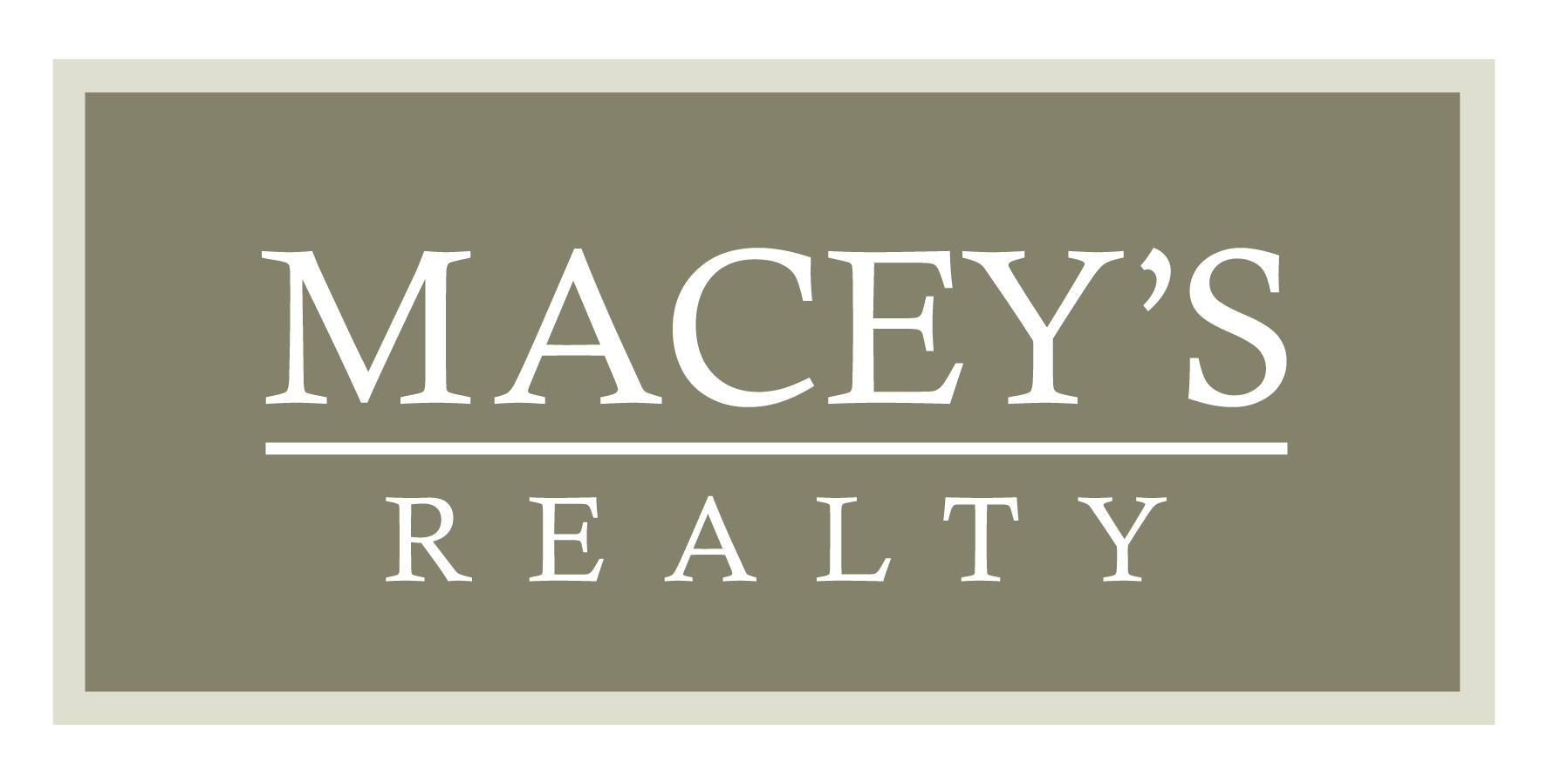
Are real estate values on the rise in your neighborhood? Do you feel under siege from real estate professionals who have eager buyers interested in your property?
Before you get swept away with the promise of a record sale price for your house, condominium unit, or recreational property, there is an important question to ask yourself:
What housing choices will I have after selling?
When eager buyers out number listings, that’s a hot sellers’ market. This buyer competition creates the best opportunity to cash in your real estate for big profit. Other bonuses include:
- Receiving an acceptable offer in only a few days or weeks after listing puts less “keep the house perfect” strain on the family.
- Achieving your ideal closing and a sale price that is at or much higher than the listing price.
- Doing less to improve your property to sales-ready condition, which saves time and money.
Hot markets cool down, so sellers should not dawdle if they want to get the greatest return on their real estate investment. But that’s only half the project. If you want to stay in your neighborhood or move to a hotter one, you will benefit from key research and clear thinking before you cash in your property:
- If you want to buy in the same hot neighborhood you’re selling in, market research is essential. The price increase that you plan to benefit from will also increase the purchase price of the home you want to move to next. Could you end up spending most or all your newly-gained real estate profit to buy a lesser or smaller home? Or will a significant mortgage be necessary?
- Purchasing in a peak market may not be the best strategy. Real estate values can increase more quickly in some neighborhoods than others. Buying into one of these areas in a hot market may require more money or purchasing a property which requires modernizing renovations.
- Renting until the next market downturn is an option. Liquidating real estate holdings — your house, condominium unit, recreational property — in a hot market and moving into rental accommodation until the next real estate dip can make good financial sense. Finding that ideal rental property — great location, reasonable rent, good amenities — may not be as easy as you expect. Hot real estate markets drive rental rates up, too. What if drastic compromises are necessary? How long can you comfortably live in rental housing waiting for the next market you can afford to buy into?
- Schools vary with location. Is the temporary rental accommodation or your next buy within the catchment area of current or preferred schools?
- If the real estate market is tough on your buying plans, your adult children may be having a tougher time. In the last century, children commonly moved into the family home when they married. Often the parents stayed on. This traditional pattern may make sense in a permanently hot neighborhood which your family values highly. Once you sell out of this location, could your adult children afford to buy into this prized area later?
- Rising real estate values mean increased realty or property tax and increased property insurance costs. Can you afford these higher carrying costs whether you don’t sell or if you sell and buy in the same area?
- Increasing real estate values attract developers who want to build multiple units to reap this enhanced profit. Their activity changes neighborhoods — not always for the better. Ask local real estate professionals about planned and approved developments in the neighborhood. This information enables realistic projections which will help you decide whether the neighborhood might change so much you would not be happy there long-term.
- Investing the proceeds of the sale short-term, to be ready to jump into the next downturn, is not easy. For instance, when you are ready to buy again, financial markets may be down and the investments may not be easily liquidated. Expert financial advice is essential to protect your capital and keep these funds invested for your future.Fear of considerations like these should not stop you from listing.
Ignore these issues and wrong guesses and wrongly-deferred decisions may result. Research and professional expertise will clarify exactly what the risks are on all fronts and which you can live with.
A real estate professional who knows you and your family priorities will help establish the best selling strategies and the need for additional information. You can then proceed with the most “livable” decisions.
No one knows what the future holds, but you can make excellent strategic educated guesses.


